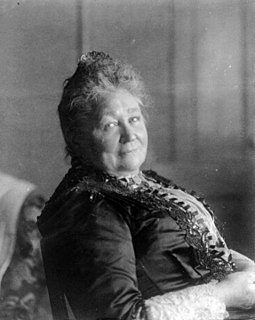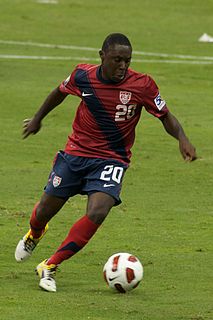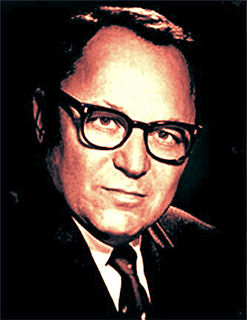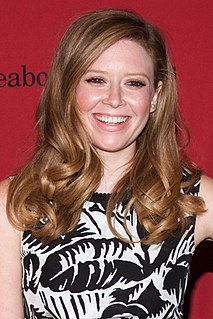A Quote by Max Lucado
When you teach on a familiar text, you're capitalizing on common knowledge. When you teach on an unfamiliar text, you're having to build a bridge of understanding, and we need to do that as well.
Quote Topics
Related Quotes
With Orff it is text, text, text - the music always subordinate. Not so with me. In 'Magnificat,' the text is important, but in some places I'm writing just music and not caring about text. Sometimes I'm using extremely complicated polyphony where the text is completely buried. So no, I am not another Orff, and I'm not primitive.
With vocal and choral music, first and foremost, it's the text. Not only do I need to serve the text, but the text - when I'm doing it right - acts as the perfect 'blueprint', and all the architecture is there. The poet has done the heavy lifting, so my job is to find the soul of the poem and then somehow translate that into music.
Generally, the imagery and the text go hand in hand. It's much easier when the text comes first, but sometimes I need visual stimulation in order to find the words. I get an idea of what I want when I begin to shoot, and the text is usually the last thing to be resolved. I tend to leave the text open, and I refine the words up to the last minute. As for the image, I can resolve that and get that done fairly quickly.
The simple model of a bridge is great, and you could not build a bridge without understanding it well. But if you're actually building the bridge, you need to know the site. A lot of economics is like that: When prices go up, demand is gonna go down. You can't forget that and run your economy. But it's not the only thing you need to know.
The discourse on the Text should itself be nothing other than text, research, textual activity, since the Text is that social space which leaves no language safe, outside, nor any subject of the enunciation in position as judge, master, analyst, confessor, decoder. The theory of the Text can coincide only with a practice of writing.
The inspiration is all in the script, in the text. So whatever it is, either it is a film or a book to be illustrated, anything. Everything you need to know is in the text. So the thing is trying to find right tone and voice, the right style, the right way of expressing the emotions in a story or in the location of the story, but it is all in the text.





































